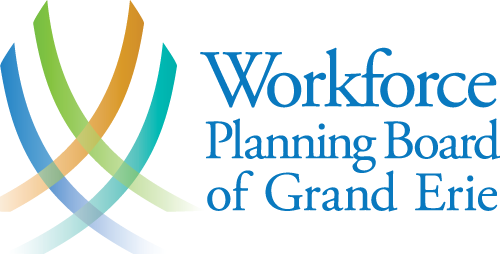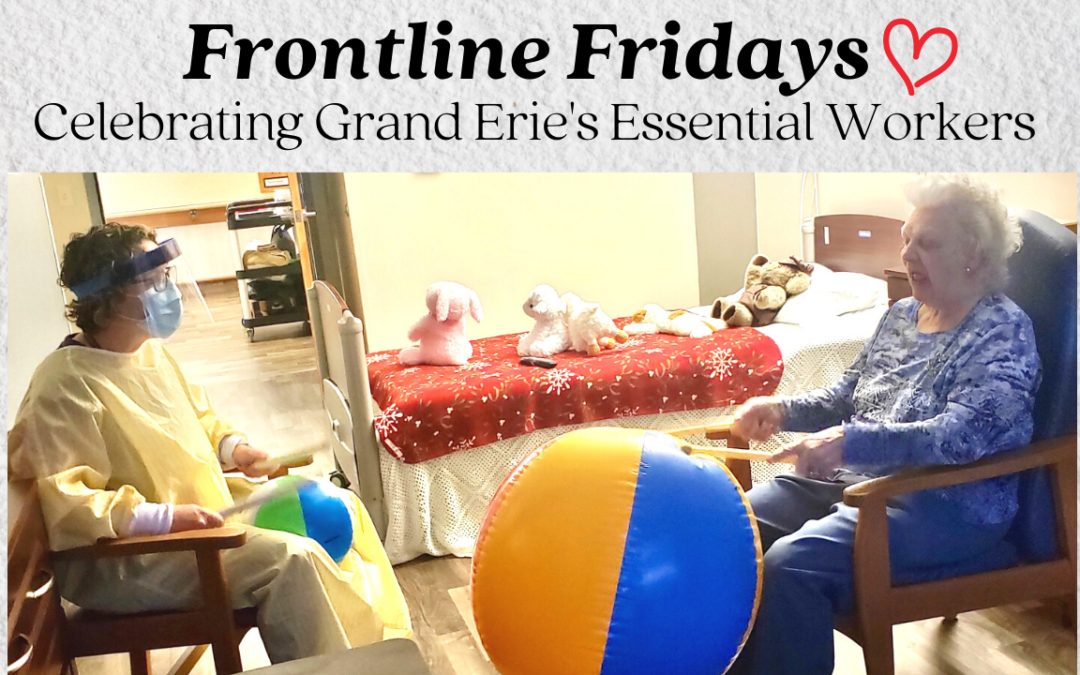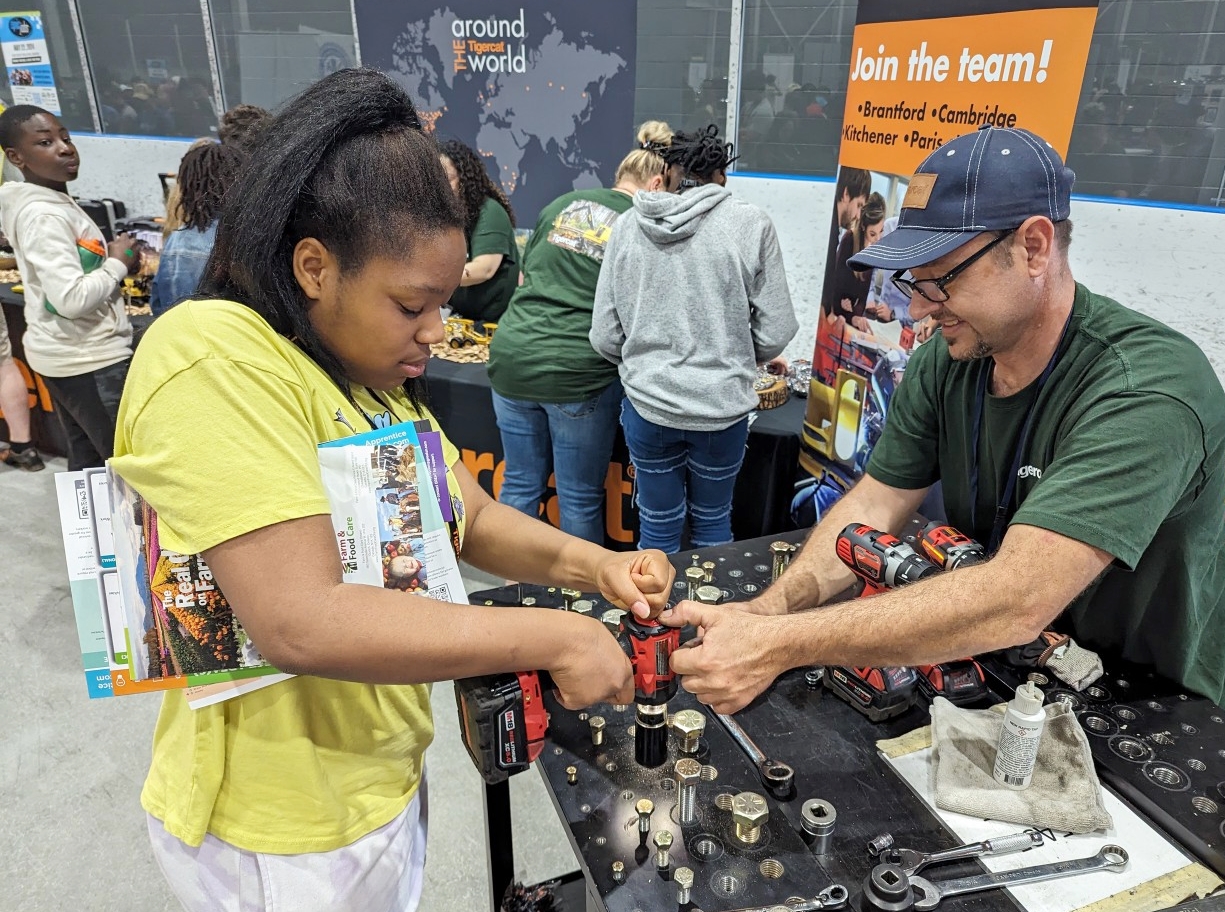
Celebrating Grand Erie’s Essential Workers – Don
This week in our Frontline Fridays feature – where we pay tribute to Grand Erie essential workers in the communities of Brantford, Six Nations, New Credit and the counties of Brant, Haldimand and Norfolk – we talk to Don Jagoe, IT Business Owner of My Tech Geeks based in Brantford.
What does an average day look like for you?
Don: Working in the information technology service industry generally results in a dynamic workday largely spent communicating with clients and servicing their needs. A big part of the job is being responsive to the customer. A phone call, email or text can throw your schedule out the window and change the priority of work to be completed on any given day.
Normally, I start work around 6:30am. I review remote management software that provides a dashboard of information such as backup status and potential issues on servers or computers that I support and monitor. I check to ensure servers are online, backups were successful and completed antivirus scans found no infections. I also look at other stats such as hard drives running low on space or showing early signs of failure. If anything is concerning, I then remote into the server or computer, take the appropriate action and notify people if necessary.
What has it been like to be an essential worker during the pandemic?
Don: Covid-19 has introduced more steps into regular procedures of onsite work. Much more work is now done remotely over the Internet, but when work cannot be completed remotely, I go onsite. Like everyone, when travelling to sites such as medical sites, I now text to let the office know I have arrived, complete a screening questionnaire, have my temperature taken and use hand sanitizer. I wear a mask and disposable rubber gloves when working with medical equipment. At non-medical sites, I generally bring a portable keyboard and mouse. Devices are wiped down with alcohol based disinfecting wipes.
What have been the greatest rewards and challenges in your work?
Don: Shortly after the pandemic started there was a huge demand to get businesses set up quickly so that staff could work from home. There were many nights of little to no sleep to get everyone set up as the requests came in. Technology and computers have become more essential for people working or studying from home. Like others in the information technology service sector, I often attempt to address non-urgent issues when computers are not in use during lunch, dinner, or at night when the user is no longer using the computer.
I always take great pride in my work and customer satisfaction and my reward is a job well done. Ideally, servers or computers on a remotely managed service plan see little to no downtime. Sometimes it may seem as though IT staff are never around or not working, but in reality that usually means a job well done in identifying and fixing issues before they are reported!
What have been your greatest supports and means of coping as an essential worker this past year?
Don: Some of my greatest supports come from communicating with other people in my field. I often communicate with IT people all over North America. I find it comforting to hear what other people are experiencing and how they are coping.
What made you pursue your career? What lead you to take a job in this community?
Don: I got bit by the tech bug at a young age. Initially I used my computer to play games, but I soon started programming, building websites and computers and helping others with technology. I read everything I could about computers and IT and eventually studied for the Microsoft Certified Systems Engineer and for the Microsoft Certified Professional accreditation.
When I worked for the University of Prince Edward Island, I also obtained a BA, and later a BSc. I married someone I met there and moved to Brantford when my wife accepted a job in Ontario. Since then, my path included working my way up to service delivery manager and managing tech support call centre contracts for fortune 100 companies. Eventually, I started my own small IT company – My Tech Geeks (www.mytechgeeks.ca)
What advice would you give to someone interested in pursuing your career?
Don: My advice for anyone looking to get into the IT service field today would be to learn technical skills in any of a number of ways. A good starting point would be to obtain Comptia certification (https://www.comptia.org/faq/a/what-is-comptia-a-certification). Additionally, there are lots of advanced certificates such as Microsoft Certified Solutions Developer (MCSD), and Microsoft Certified Solutions Expert (MCSE) (https://docs.microsoft.com/en-us/learn/certifications/). Many companies look at an equivalent of education and experience when hiring. My advice is to start in an entry level tech position and work your way up.
Thank you to Don for sharing his story and for all his efforts in helping clients stay connected and continue their work.
Local Training and Certification for careers like Don’s:
For High School Students:
CanHack Challenge | The DMZ (ryerson.ca)
Conestoga College:
Information Technology Infrastructure | Full-time | Graduate Certificate (conestogac.on.ca)
Information Technology Network Security | Full-time | Graduate Certificate (conestogac.on.ca)
Westervelt College:
IT Technician – Westervelt College
Fanshawe College:
School of Information Technology | Fanshawe College
Computer Systems Technician | Fanshawe College
Mohawk College:
Computer Systems Technology – Network Engineering and Security Analyst – 555 | Mohawk College
Ontario Colleges:
Computer – Security | ontariocolleges.ca
Laurier University:
Computer Science (BSc), Waterloo | Wilfrid Laurier University (wlu.ca)
Master of Applied Computing (MAC) | Wilfrid Laurier University (wlu.ca)
Business Technology Management (BBTM) | Wilfrid Laurier University (wlu.ca)
Statistics Canada Occupational Classification:
NOC 2011 – 2281 – Computer network technicians – Unit group (statcan.gc.ca)
Search Local IT Jobs:
NOC 2011 – 2282 – User support technicians – Unit group (statcan.gc.ca)









